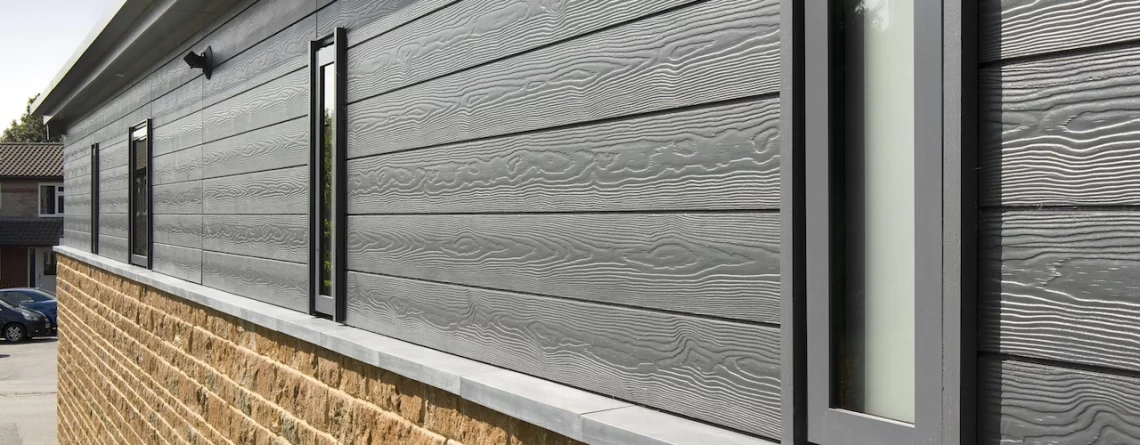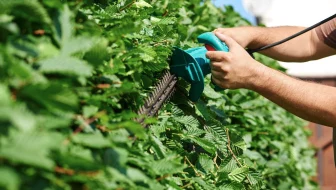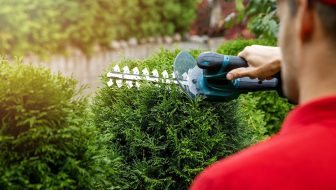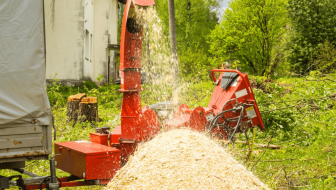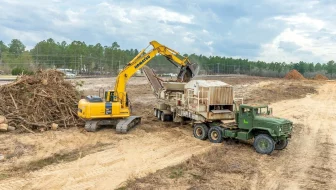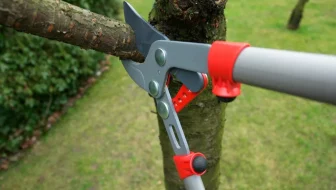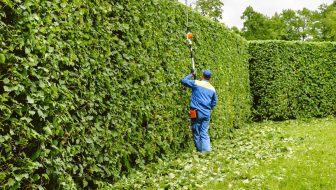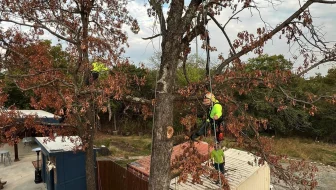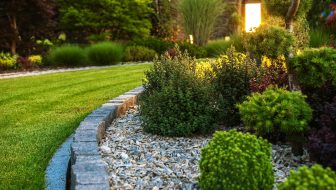Choosing the right siding for your home is a crucial decision that involves balancing aesthetics, durability, and maintenance. In the realm of siding materials, two popular contenders often stand out: vinyl and fiber cement. Let’s delve into the showdown between vinyl and fiber cement siding, comparing key factors to help you make an informed decision for your home.
1. Appearance and Style:
Vinyl: Available in a variety of colors and textures, vinyl siding offers versatility but may lack the authentic look of natural materials. Fiber Cement: Mimicking the appearance of wood, fiber cement provides a more natural and textured look, suitable for those seeking a classic or contemporary aesthetic.
2. Durability: Vinyl:
Resistant to moisture, pests, and rot, vinyl siding is durable and requires minimal maintenance. However, it may be susceptible to impact damage. Fiber Cement: Known for its exceptional durability, fiber cement resists insects, rot, and harsh weather conditions. It is also impact-resistant, making it suitable for areas prone to hail or stormy weather.
3. Maintenance: Vinyl:
Low-maintenance, requiring occasional cleaning to remove dirt and debris. It doesn’t require painting but may fade over time. Fiber Cement: Low-maintenance, with periodic painting or resealing recommended for optimal longevity. It may require slightly more attention than vinyl.
4. Energy Efficiency:
Vinyl: Provides good insulation but may not be as energy-efficient as other materials without additional insulation layers. Fiber Cement: Offers better thermal resistance, contributing to improved energy efficiency and potentially reducing heating and cooling costs.
5. Cost:
Vinyl: Generally more cost-effective upfront and has lower installation costs due to its lighter weight. Fiber Cement: Can be more expensive upfront, both in material and installation costs, but may offer long-term cost savings through durability and energy efficiency.
6. Environmental Impact:
Vinyl: Non-biodegradable and may have environmental concerns during production and disposal. Fiber Cement: Generally considered more environmentally friendly due to its composition of natural materials, though the manufacturing process may still have environmental considerations.
7. Installation:
Vinyl: Lightweight and easy to install, making it a quicker and potentially more cost-effective installation process. Fiber Cement: Heavier and requires professional installation, potentially increasing labor costs, but offers versatility in design.
8. Resale Value:
Vinyl: Offers a good return on investment and is popular in the market. Fiber Cement: Generally provides a high resale value due to its durability and aesthetic appeal.
Ultimately, the choice between vinyl and fiber cement siding depends on your priorities, budget, and the specific needs of your home. Timber TEKS Construction is here to help you navigate this siding showdown and choose the material that aligns with your vision. Contact us for expert advice and professional siding installation services in the Portland Metro Area and Vancouver, WA.

